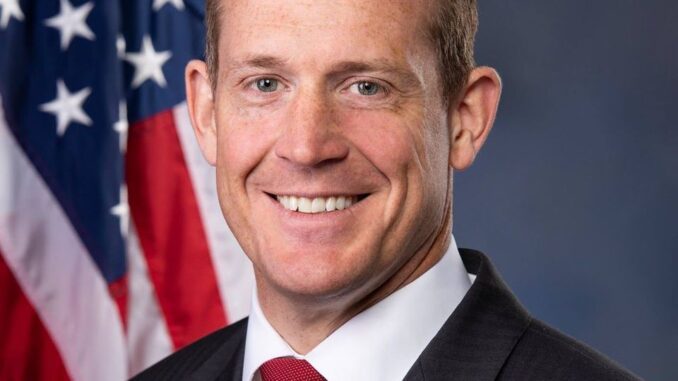
Congress recently took a monumental step forward to increase healthcare coverage for our veterans. On August 10th, the Honoring our PACT Act was signed into law, concluding years of hard work and advocacy by thousands of veterans. I believe every veteran deserves the highest quality care we can provide them. I was proud to support this vital legislation.
When terrorists attacked America on 9/11, patriotic men and women answered the call and enlisted in the Armed Forces to defend our nation and our freedoms. Over the next 20 years, the War on Terror would forever alter the lives of our soldiers and their families.
During their deployments in Iraq and Afghanistan, soldiers were stationed near burn pits. Waste such as plastics, rubber, chemical mixtures, and medical supplies was disposed of in these pits and produced toxic smoke. This exposure to poisonous fumes impacted an estimated 3.5 million soldiers, leading to various health problems like cancer, asthma, and chronic bronchitis.
Unfortunately, Department of Veterans Affairs (VA) guidelines for obtaining service-connected healthcare were not well-suited to account for illnesses caused by toxic exposure. Consequently, veterans faced steep burdens and bureaucratic delays when getting healthcare. Thankfully, the Honoring our Pact Act will change that.
Now, veterans of the War on Terror can get VA healthcare for 23 respiratory illnesses and cancers scientifically linked to burn pit exposure. Furthermore, the PACT Act significantly enhances the VA’s physical infrastructure by creating 31 new medical health clinics and provides authority to hire thousands of new medical professionals. This investment in VA capacity was a critical component of the final bill that ensures the VA system can handle additional veterans seeking care. Going forward, we must ensure that veteran care quality is not diminished when expanding VA care, while also ensuring that these newly covered veterans can fully benefit from the PACT Act.
North Carolina’s large veteran population is directly impacted by the bill in two crucial ways. First, the VA will construct a new $61 million outpatient facility near Jacksonville. Secondly, the Camp Lejeune Justice Act—which I sponsored—was included in the PACT Act. Now, for the first time, the victims of toxic water exposure at Camp Lejeune can have their day in court and seek damages for the tragic consequences of contaminated water.
The Honoring our Pact Act’s passage is long overdue. When our nation sends its sons and daughters to war, it has a sacred responsibility to care for them when they come home. Significant work remains, however. Congress must ensure the bill’s reforms are implemented on time, efficiently, and successfully. For as long as I hold public office, I will do everything in my power to ensure every veteran in North Carolina has access to effective, timely, and personalized care. The men and women who served in our armed forces deserve nothing less.
U.S. Rep. Ted Budd represents North Carolina’s 13th Congressional District.


